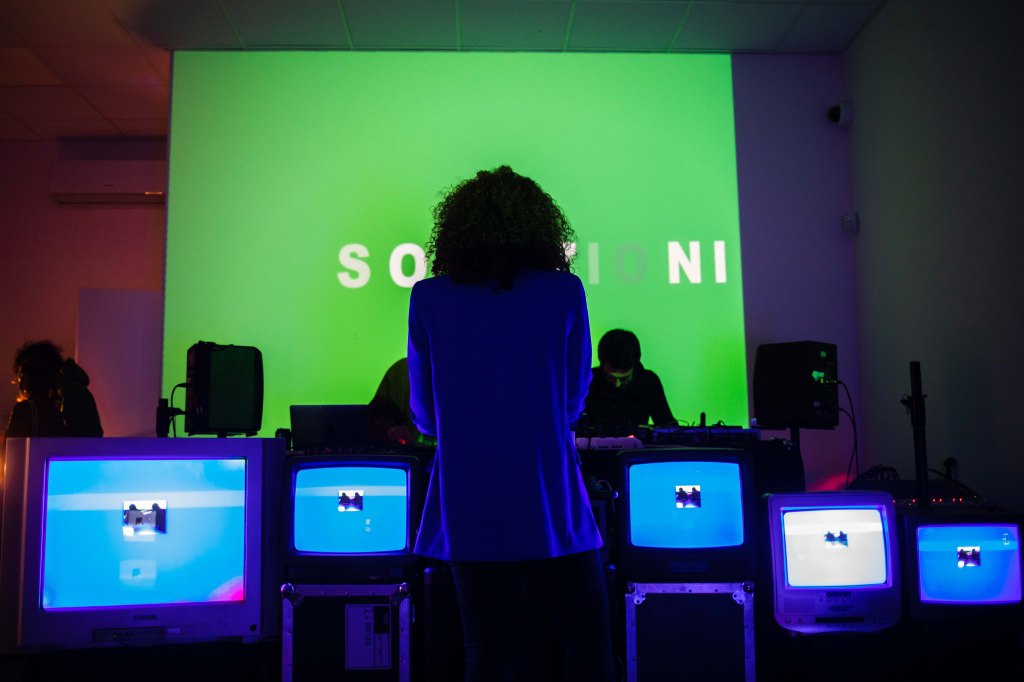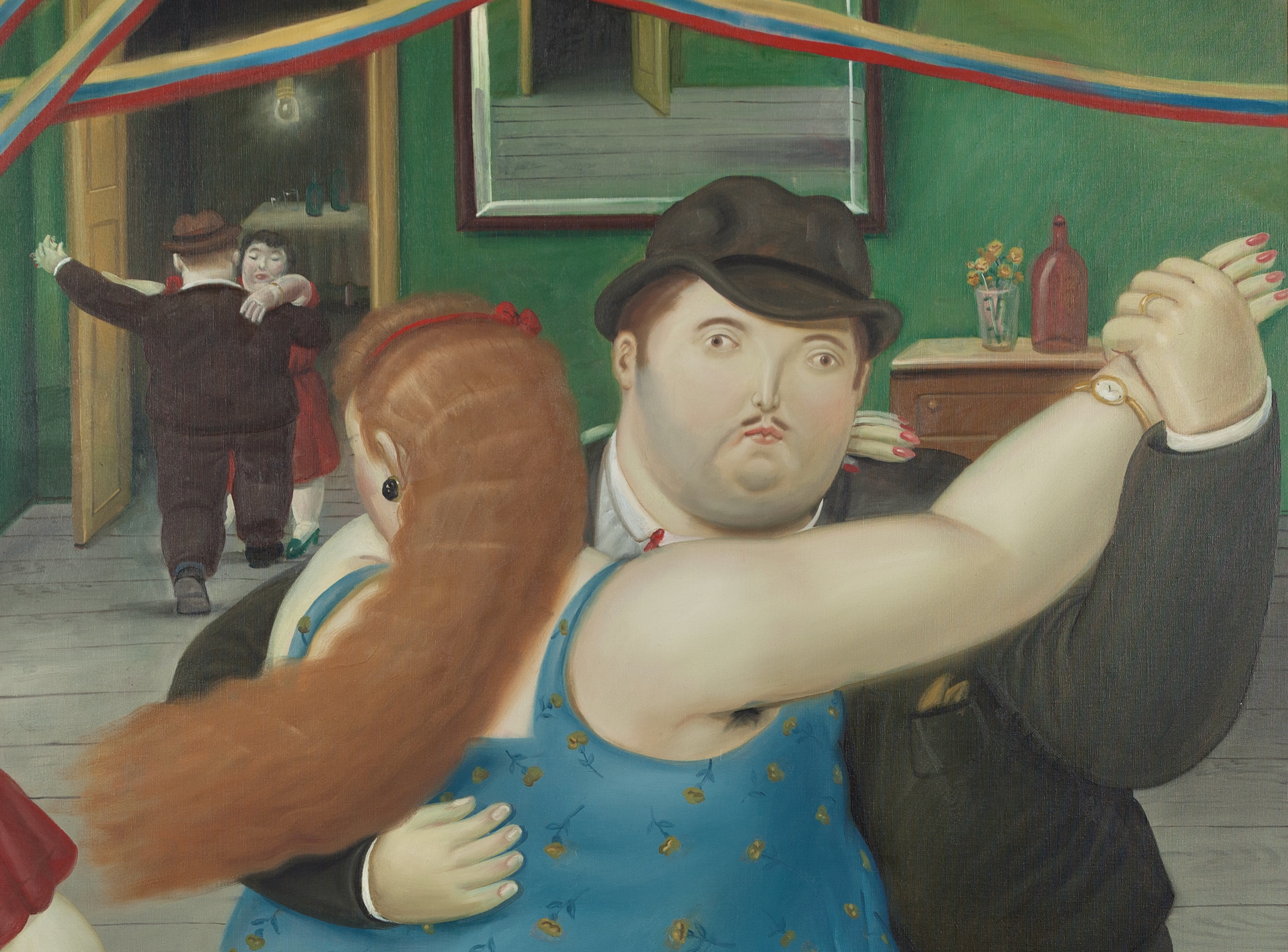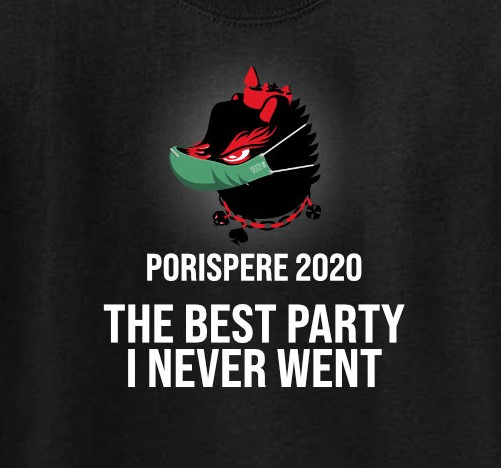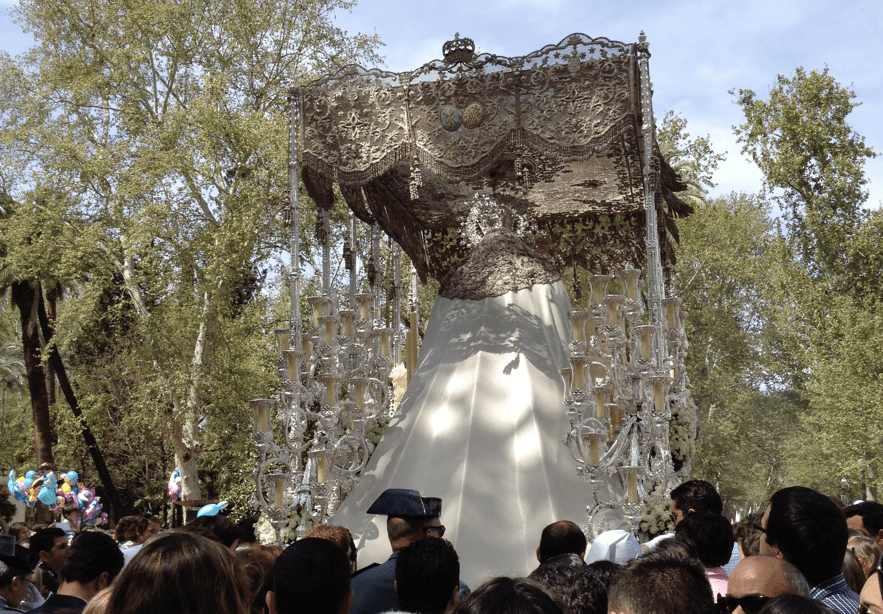By Enrico Bertacchini and

From the ashes of the creative city paradigm, there is a growing awareness of the urban creative economy as a complex adaptive system of intertwined actors and institutions. Yet, especially in the European context, little attention has been given to understanding informal and alternative art spaces and venues that contribute to the vibrancy of the urban cultural scene.
Continue reading “UNDERSTANDING URBAN ALTERNATIVE CULTURAL PRODUCTION”




Recent Comments